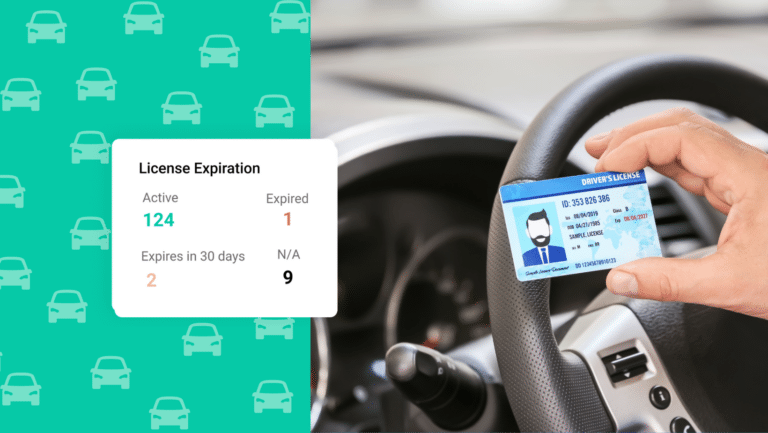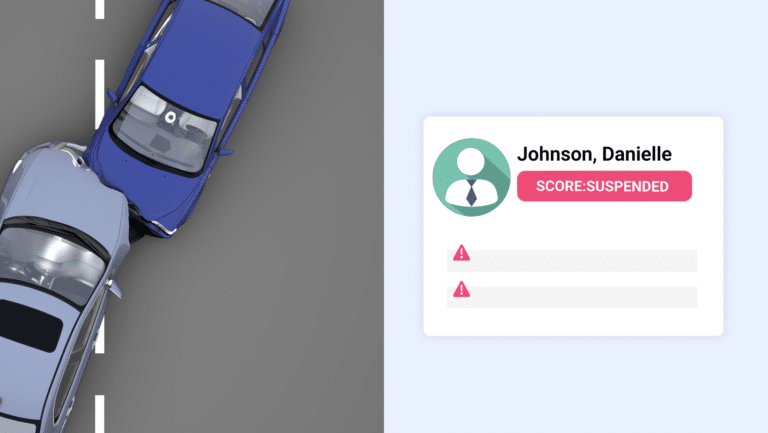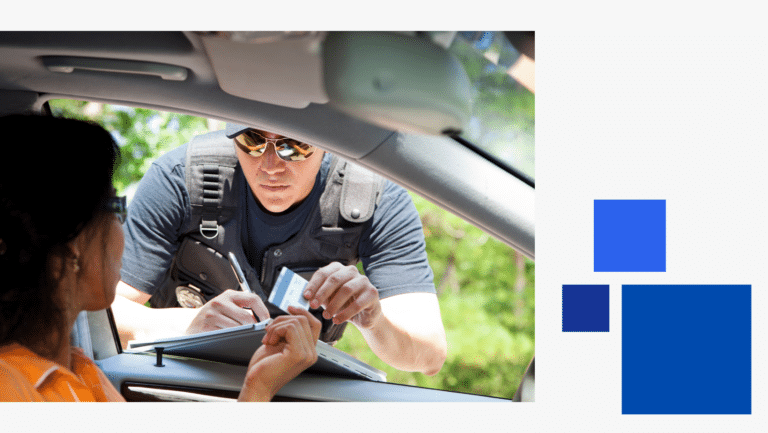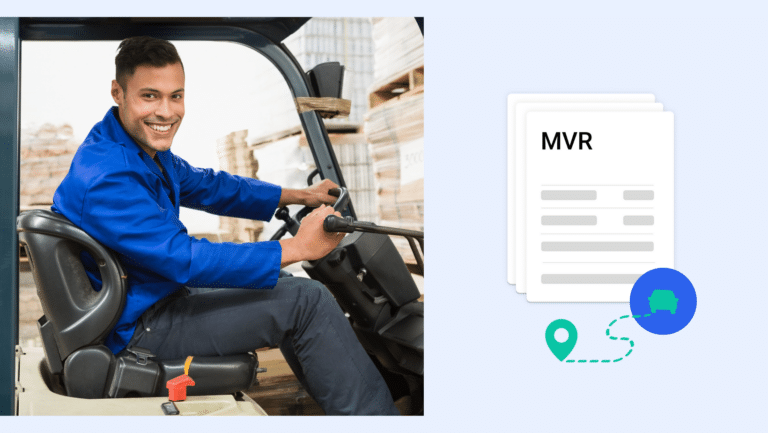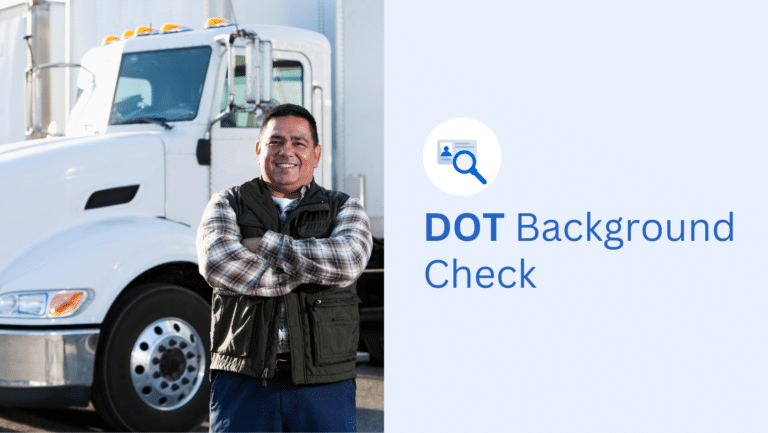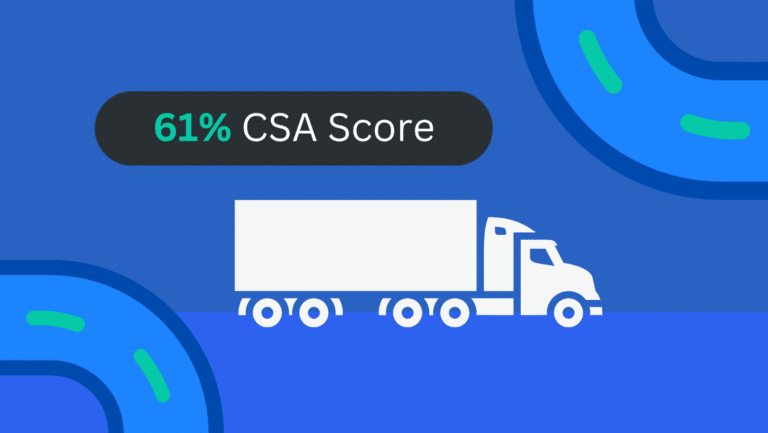How does your company control non-owned auto liability exposure?

There are about 30-40 million drivers who run errands for their employers using their own vehicle. This group of drivers represents one of the single most at-risk groups in business. Employers often don’t realize they actually have a “fleet.” However, companies are liable for on-the-job driver performance of their employees and are not immune from non-owned auto liability.
If you are not sure whether your company could be exposed to a non-owned auto liability it may be worth to ask yourself the following questions:
- Do your employees use their own vehicles to visit their clients or to perform driving tasks associated with their role?
- Have you occasionally sent employees to pick up lunch or drop off mail?
- Do your employees have to rent a vehicle while on a business trip?
If an employee has an accident under any of these situations, your business can be held accountable. Employers mistakenly think than an employee’s own insurance coverage will protect the company from on-the-job crashes.
Companies should establish non-owned auto liability controls similar to those established for company-owned vehicles. Controls should include: driver license validity, proper insurance coverage and training.
MVR Monitoring: A Solution To Non-Auto Liability
Many of our customers continuously monitor the driving records of employees who drive their own vehicles for business. This allows them to proactively address risky driving behaviors and reduce liability. At Embark Safety, we help companies monitor employees’ driving records continuously, as opposed to the traditional record check once per year or when an employee is hired.
*We are not lawyers. Consult with your legal counsel to ensure your processes and procedures meet/ or exceed safety standards and compliance regulations. Please read our legal disclaimer.

